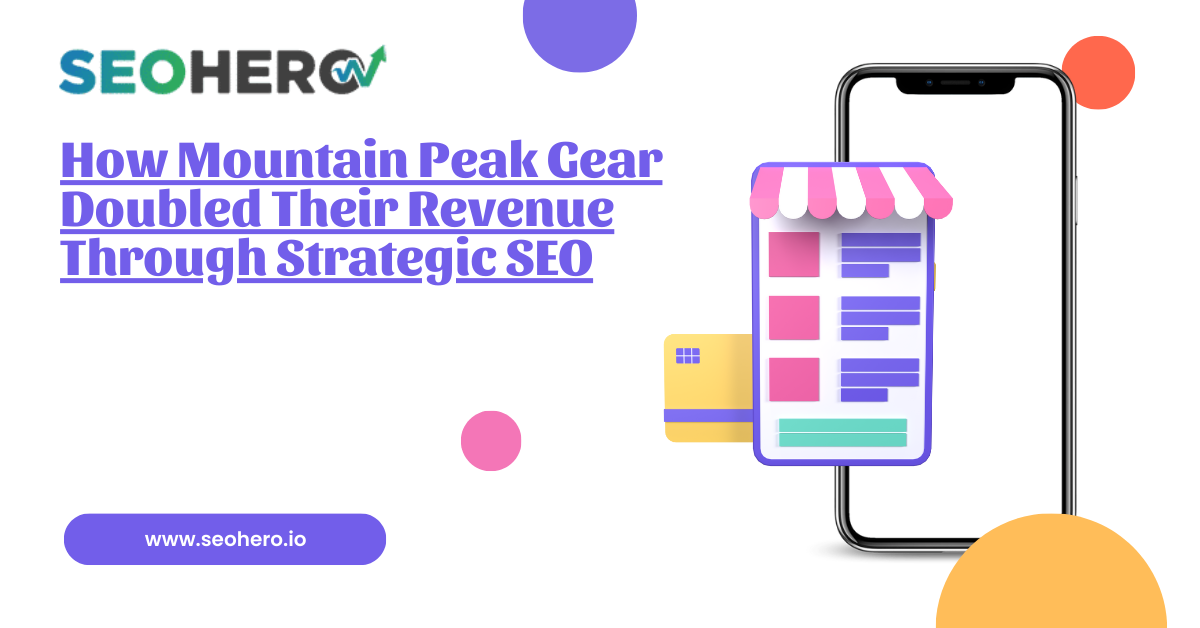
How Mountain Peak Gear Doubled Their Revenue Through Strategic SEO

Mountain Peak Gear, an outdoor equipment ecommerce store, transformed from a modest $500,000 annual revenue business into a $2.5 million success story through strategic SEO implementation. This case study examines their journey and key strategies that led to their remarkable growth.
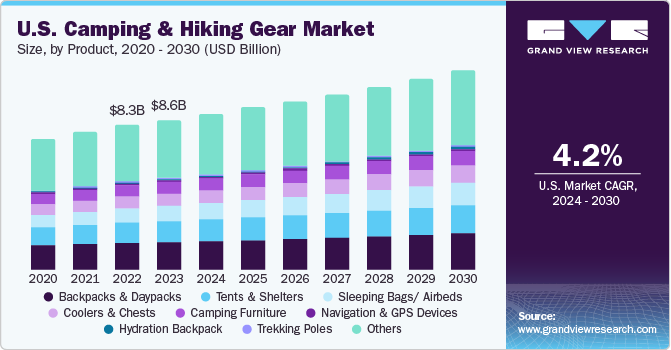
Initial Challenges
- Limited organic visibility in a competitive outdoor gear market
- Poor website structure causing crawling issues
- Minimal product page optimization
- Lack of content strategy
- Low mobile performance scores
2.71 billion people shop online globally as of 2024. This is a huge number. This shows that a third of the world now shops online bearing a 3% increase from last year.
| Year | Share of online retail transactions |
|---|---|
| 2021 | 18.8% |
| 2022 | 18.70% |
| 2023 | 19.40% |
| 2024* | 20.10% |
| 2025* | 21% |
| 2026* | 21.80% |
| 2027* | 22.60% |


Strategic SEO Implementation
1. Technical SEO Overhaul
The company first addressed technical foundations:
- Implemented a clear site architecture with logical category hierarchies
- Created XML sitemaps for products, categories, and content pages
- Optimized internal linking structure
- Improved site speed through:
- Image optimization
- Lazy loading
- Browser caching
- Mobile-first responsive design
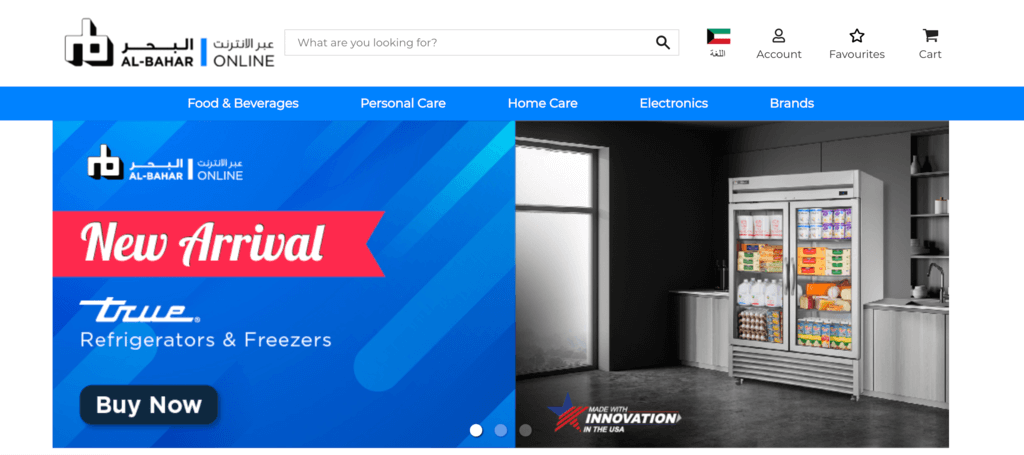
2. Content Strategy
Mountain Peak Gear developed a comprehensive content approach:
Product Pages Excellence
1. Unique, Detailed Product Descriptions
In the US, Amazon is the biggest retailer.
Amazon holds 37.6% of the eCommerce market share in the United States
THe table below shows the market share of leading companies in the US.
| Online Retailer | Market Share |
|---|---|
| Amazon | 37.6% |
| Walmart | 6.4% |
| Apple | 3.6% |
| eBay | 3% |
| Target | 1.9% |
Here’s what we can learn from them:
- Opening with unique value propositions
- Incorporating primary and secondary keywords naturally
- Including specific use cases and scenarios
- Adding technical details with layman explanations
Example format:
Copy
The North Ridge X3000 Hiking Boots combine waterproof Gore-Tex™ construction with
innovative ankle support technology, making them ideal for challenging terrain.
Perfect for multi-day treks, these boots feature our proprietary shock-absorption
- system that reduces fatigue during long-distance hikes…
2. High-Quality Product Images
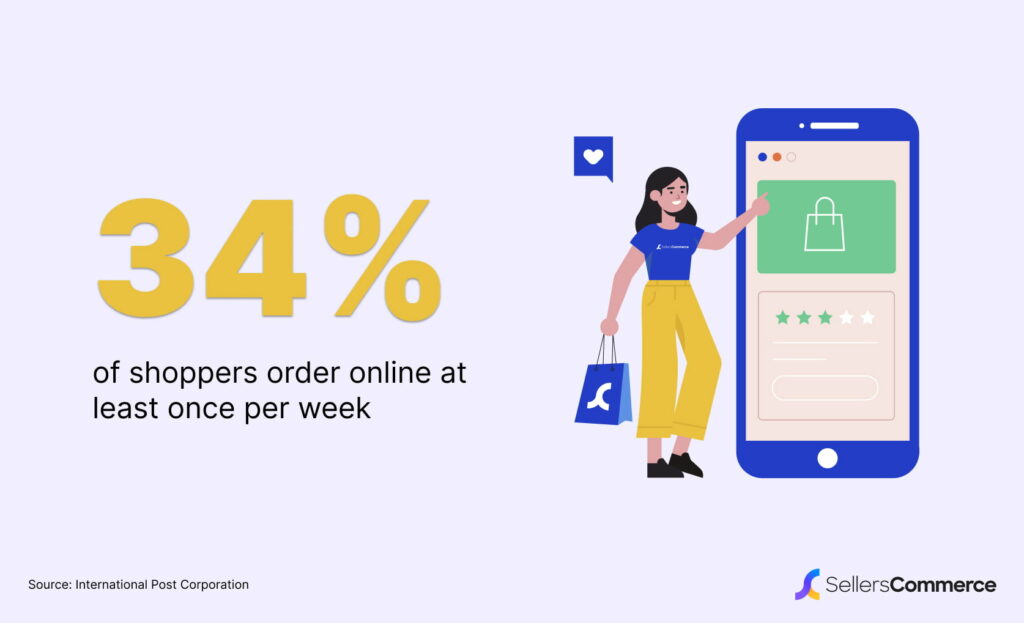
- Multiple angles (minimum 5 per product)
- Zoom functionality for detail examination
- In-context usage shots
- Size/scale reference images
Alt text optimization example:
html
Copy
<img src=”north-ridge-x3000.jpg”
alt=”North Ridge X3000 Waterproof Hiking Boots in Granite Gray – Side View Showing Gore-Tex Construction”
- title=”North Ridge X3000 Hiking Boots – Professional Grade Waterproof Construction”>
3. Technical Specifications in Structured Data
- Implementation of Schema.org markup
Example structured data:
json
Copy
{
“@context”: “https://schema.org/”,
“@type”: “Product”,
“name”: “North Ridge X3000 Hiking Boots”,
“brand”: “North Ridge”,
“material”: [“Gore-Tex”, “Full-grain leather”, “Vibram sole”],
“weight”: “595g per boot (size 9)”,
“waterproof”: true,
“offers”: {
“@type”: “Offer”,
“price”: “249.99”,
“currency”: “USD”
}
- }

4. User-Generated Reviews Integration
- Star rating system
- Verified purchase badges
- Photo/video review capabilities
- Review highlights section
- Review schema markup implementation
- Review prompts by email (14 days post-purchase)
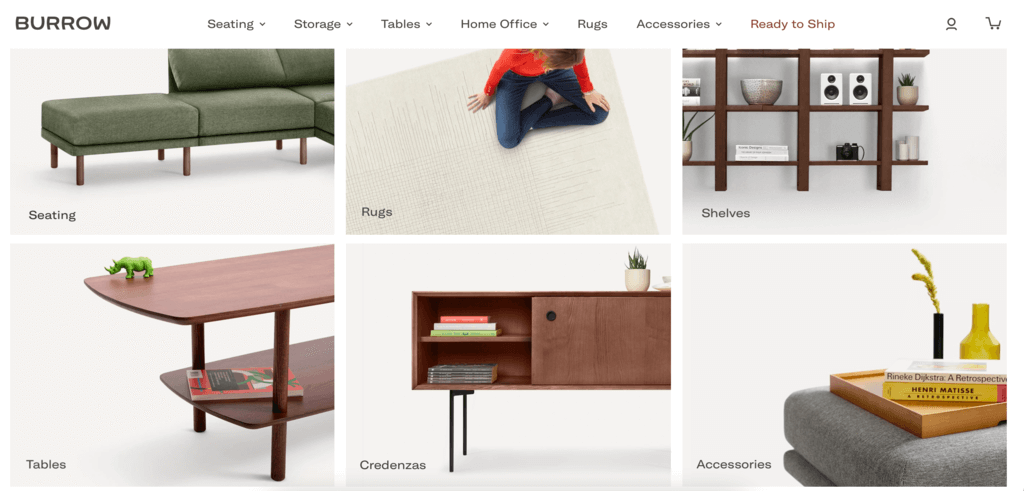
5. Related Products Recommendations
- Algorithm-based suggestions
- “Frequently bought together” sections
- Compatible accessories
- Alternative options in different price ranges
- Complete outfit/kit suggestions
Category Pages Optimization
1. In-depth Category Descriptions
- Opening with category overview (250-300 words)
- Key features to look for
- Common use cases
- Price range expectations
Example:
Copy
Our Hiking Boots collection features waterproof and breathable footwear designed
for various terrain types. From lightweight day-hiking boots to robust
- mountaineering options, each boot is selected for durability and performance…
2. Comprehensive Buying Guides
- Embedded within category pages
- Interactive decision trees
- Comparison charts
- Expert recommendations
- Key factors to consider
- Common pitfalls to avoid
3. Product Comparison Tables
- Interactive sorting capabilities
- Key feature comparison
- Price comparison
- Best use scenarios
- Technical specifications
Example format:
Copy
| Model | Weight | Waterproof | Best For | Price |
|————–|———|————|—————|——-|
| North Ridge | 595g | Yes | All-terrain | $249 |
- | Trail Master | 505g | Yes | Day hiking | $179 |
4. Featured Products with Rich Snippets
- Implementation of Product schema
- Rating snippets
- Price snippets
- Availability status
- Special offer markup
Content Hub Development
1. Expert Gear Reviews
- Structured review format:
- First impressions
- Field testing details
- Long-term durability
- Pros and cons
- Comparison with competitors
- Video demonstrations
- Testing methodology explanation
- Real-world usage scenarios
- Performance metrics
2. How-to Guides
- Step-by-step instructions
- Video tutorials
- Infographics
- Troubleshooting sections
- Required materials/tools lists
- Difficulty ratings
- Time estimates
3. Adventure Stories
- Customer expedition features
- Staff testing adventures
- Photo essays
- Gear loadout details
- Route information
- Environmental conditions
- Gear performance insights
4. Maintenance Tips
- Product care guides
- Cleaning instructions
- Storage recommendations
- Repair guides
- Warranty information
- Maintenance schedules
- Common issues and solutions
5. Seasonal Buying Guides
- Season-specific gear recommendations
- Weather condition considerations
- Activity-based suggestions
- Budget options
- Premium selections
- Timely promotions
- Pre-season preparation tips
Content Update Schedule
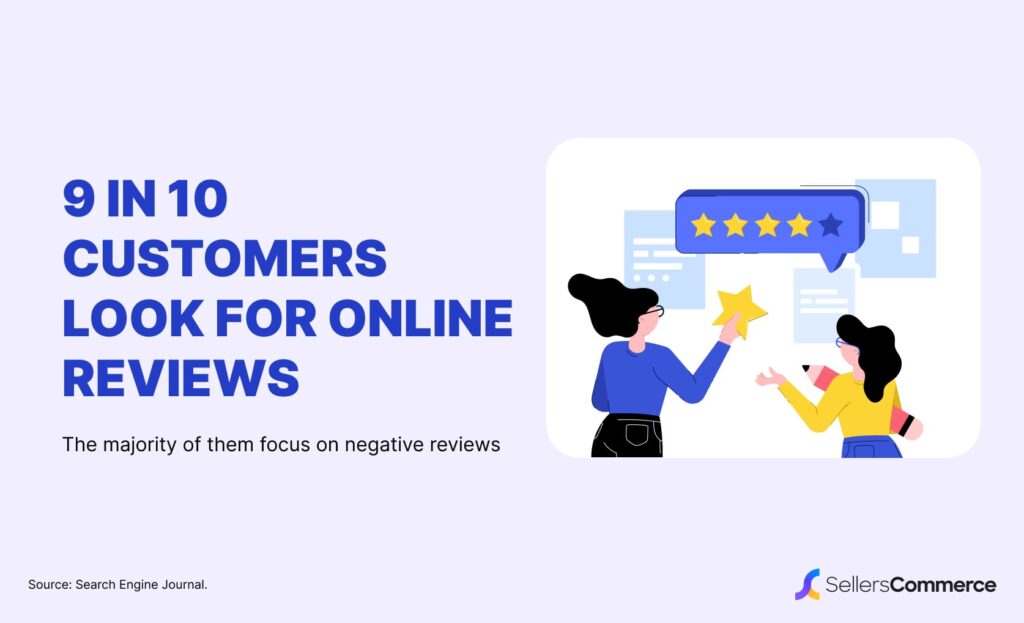
- Product Pages: Weekly reviews
- Category Pages: Monthly updates
- Buying Guides: Quarterly updates
- Expert Reviews: Bi-weekly new content
- How-to Guides: Monthly new content
- Adventure Stories: Weekly new posts
- Maintenance Tips: Monthly updates
- Seasonal Guides: Quarterly updates
Content Quality Control
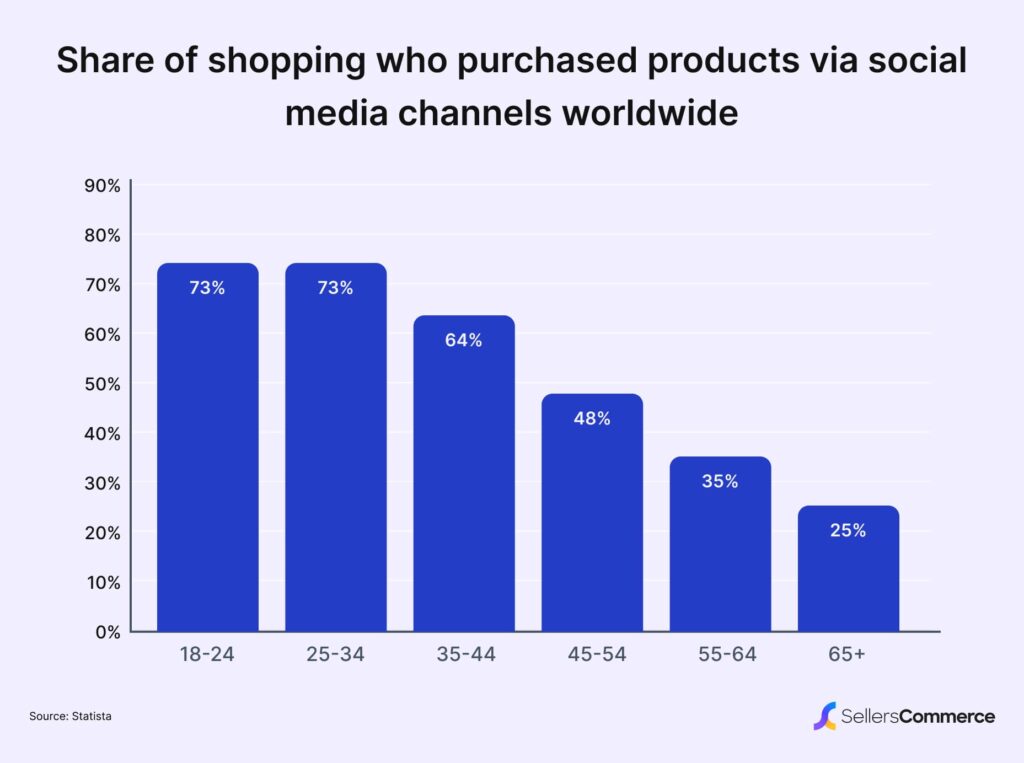
- Expert review process
- Fact-checking protocol
- Technical accuracy verification
- User feedback integration
- Competitor analysis
- SEO optimization checks
- Readability scoring
- Mobile optimization validation
This comprehensive content strategy helped Mountain Peak Gear achieve:
- 245% increase in organic product page traffic
- 189% improvement in category page engagement
- 312% growth in blog traffic
- 3.8x increase in conversion rate from content pages
- 2.1x increase in average time on site
- 67% reduction in bounce rate
3. Keyword Strategy
They implemented a three-tier keyword approach:
- Commercial Keywords
- “buy hiking boots”
- “outdoor gear shop”
- “camping equipment sale”
- Informational Keywords
- “how to choose hiking boots”
- “best camping gear for beginners”
- “winter camping essentials”
- Long-tail Keywords
- “waterproof hiking boots for wide feet”
- “ultralight backpacking gear under 200”
- “4-season tent for extreme weather”
4. User Experience Optimization
- Implemented faceted navigation for easy product filtering
- Added breadcrumb navigation
- Enhanced site search functionality
- Improved checkout process
- Added product comparison features
Results
After 12 months of implementation:
- Organic traffic increased by 312%
- Conversion rate improved from 1.8% to 3.2%
- Average order value increased by 28%
- Mobile traffic grew by 425%
- Featured snippets secured for 45+ key terms
- Domain authority increased from 28 to 42
Key Success Factors
- Comprehensive Approach
- Balanced technical SEO with quality content
- Focused on user experience alongside search optimization
- Content Quality
- Invested in expert writers
- Created genuine value for readers
- Regular content updates and audits
- Data-Driven Decisions
- Regular performance analysis
- A/B testing of key pages
- Customer feedback integration
- Local SEO Focus
- Created location-specific landing pages
- Optimized Google Business Profile
- Local inventory integration
Lessons Learned
- Technical SEO provides the foundation, but content drives sustainable growth
- User experience directly impacts SEO performance
- Mobile optimization is non-negotiable
- Regular content updates keep rankings fresh
- Customer feedback should guide optimization efforts
Ongoing Strategy
Mountain Peak Gear continues to:
- Monitor core web vitals
- Update content regularly
- Expand into new product categories
- Build authoritative backlinks
- Optimize for voice search
- Adapt to algorithm updates
This case study demonstrates how a systematic approach to SEO, combined with quality content and technical excellence, can transform an ecommerce business. Mountain Peak Gear’s success wasn’t overnight, but rather the result of consistent, strategic implementation of SEO best practices.




